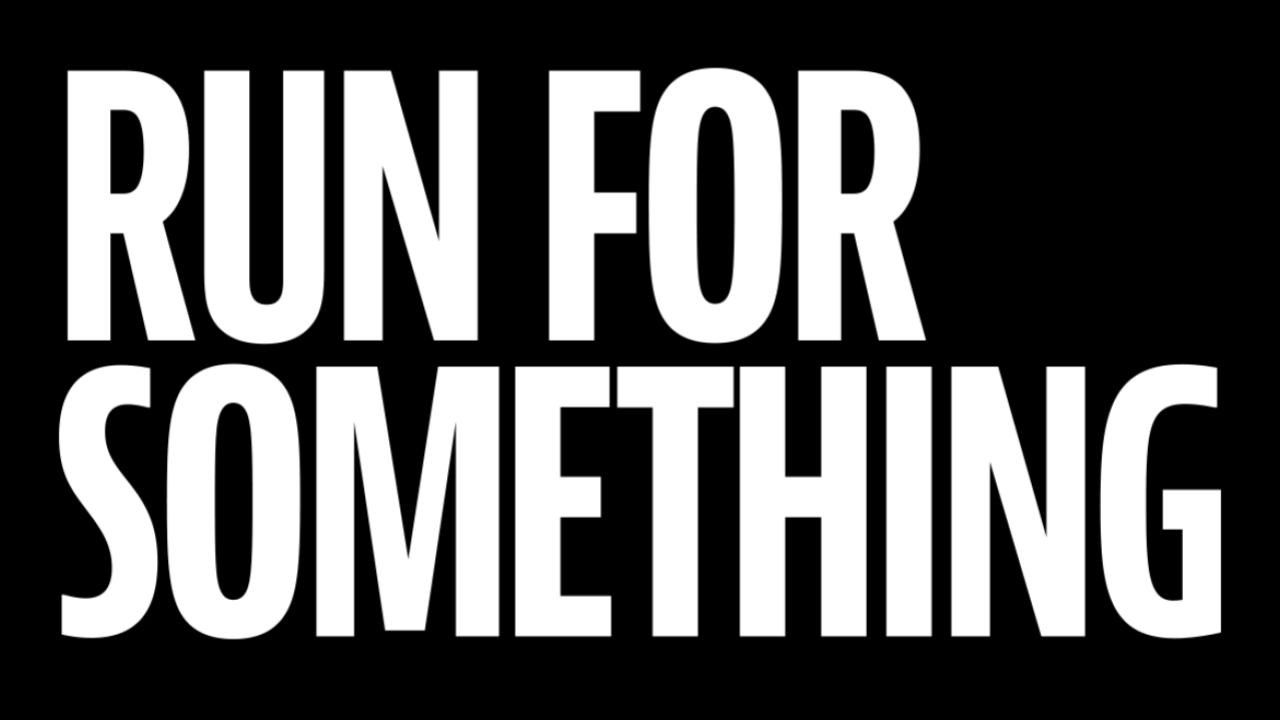Iredell-Statesville Schools in central North Carolina have dealt with near nonstop book challenges and read-alouds over the last six months during school board meetings. Moms For Liberty has a large and vocal presence in the community, and that group led the efforts to challenge 75 books in the district.
One of the leaders of the book challenges has made a name for herself by harassing the school administration and by attempting to break into one of the local middle schools to take photos of two particular books she said she “knew” were in the collection. Paula Mimnaugh has been a staple at Iredell School Board meetings since last summer. She proudly wears a Moms For Liberty shirt, and she’s shown up at other school board meetings in her area. At one, she tied wearing masks to Marxism. She was aghast she was not allowed to just enter the school library and look for books.
The Iredell-Statesville school district came to a decision in mid-April about the list of challenged books. Fewer than 12 books will be reviewed, including Lawn Boy, All Boys Aren’t Blue, Ask Me How I Got Here, Another Day, Out of Darkness, Blankets, Flamer, George, and Girl Mans Up. A full list has yet to be released.
At the latest school district meeting, Iredell’s board took a new approach to responding to public comments about books. As people queued up to speak — several of whom planned to continue reading passages from books they disagreed with aloud, with the requisite caveat that young people in the audience should leave because the content was not appropriate for minors — the board chair asked the speaker once they began whether or not they had filed a formal reconsideration for the book.
As the first speaker approached the mic wearing her Kelli Moore for North Carolina shirt (Kelli Moore is a tea party affiliated candidate and involved with the “Mama Bears,” another group akin to Moms For Liberty), the board chair Todd Carver asked if she’d filed a formal complaint over the book.
“You’re interrupting my time,” she fired back, and after being asked again by Carver about whether she’d done the work of filing a formal complaint before approaching the board, she admitted she had not. Carver laughs when she says she did not personally file one but that “I’m telling you about what’s going to happen.”
He told her she should avail herself of her comment, as she had not done the work to earn that time. You can view that interaction — and subsequent similar questions from Carver — beginning at minute 52 below.
This happened numerous times over the public comment period with several citizens.
Carver’s approach is one school boards should be implementing from here on out. These meetings have become a place for parents and citizens to play the hero, drawing attention to themselves or the censorious groups they represent. Although there has certainly been a swell of book challenges in the last year, the fact is most of the complaints happening at the school boards never go through the formal process. Those who complain don’t fill out the form for several reasons, including the fact they have not read the books in their entirety. They’d rather cause a scene, using out of context passages from hate groups that get shared across social media.
If you’re on a board, considering a run for board, or are a member of a community concerned about censorship, now is the time to advocate for a policy wherein people who wish to complain about materials cannot do so until they go through the proper channels first. This does not curtail their right to speak but instead, forces them to do precisely what it is they’re calling for: spending extra time on paperwork — and thereby money and energy — on taxpayer dimes. The forms and avenues for submitting a formal complaint were created for just this purpose, so utilizing them prior to speaking up about the books or materials at board meetings just makes sense.
The time necessary to fill out the form costs less taxpayer money than time spent complaining at the board repeatedly, and if tax money is truly at the root of the issue as it is portrayed to be, this should be a compelling argument in and of itself.
This Week’s Call to Action

Curious about what it takes to run for a local election, including for your school board? Run for Something can help you learn not only the ins and outs, but also why your voice — especially if you’re a Millennial or Gen Z — is especially crucial right now in those seats. You can learn more about this progressive-angled group and how to be prepared to run for office here.
In the next few weeks, expect information about upcoming school board elections in five key U.S. states for fall 2022 and fall 2023. Run for Something is an excellent place to help you determine how to be ready to be the change.
For more ways to take action against censorship, use this toolkit for how to fight book bans and challenges, as well as this guide to identifying fake news. Then learn how and why you may want to use FOIA to uncover book challenges.
Book Censorship News: April 22, 2022
- Walton County, Florida, schools had 58 books yanked from shelves following complaints. Here’s the typo-ridden Moms For Liberty knockoff list, including some newcomers, books that would clearly not be on school library shelves, as well as a book with a focus on Purim.
- A state senator in Kansas demanded Shawnee Heights, Kansas, schools to pull Gender Queer from shelves. It is among five books under review. In what world is a senator telling a school district what to do appropriate?
- You may recall that in West Chester, Pennsylvania, parents and citizens demanded a list of queer students from the school. Now they’re putting fliers targeting queer people in the school library bookshelves.
- Florida bans several math textbooks over “Critical Race Theory.” Among the reasons for the complaints include an example of using a Chi Square statistical test for categorical data such as gender and race, with the caveat that gender is less categorical (i.e. binary) than once assumed. This is factually accurate information.
- All Boys Aren’t Blue is under review in Rochester, Michigan. The death of local news means this is only being covered on Twitter by concerned parents.
- Salem-Keizer Public Schools in Oregon will keep Stamped (for kids) in the schools.
- The Commissioner of Revenue in Washington County, Virginia, wants Lawn Boy removed from the Glade Spring PUBLIC Library. A reminder of what’s at stake when politicians have a say in material selected by actual information professionals.
- Wilson County, Tennessee, schools will implement new ratings/guides for books. This setup will put “mature” topics into a category of books that might alarm parents. Guess what is still censorship? And who gets to decide? Will those books be all queer titles? Titles that are about people of color?
- “Story said the book ‘is filled with death and sadness. The 13-year-old characters talk about vivid theories that people have been chopped up’ and said a 13-year-old character in the book ‘draws images of people who annoy her with a noose hanging from a tree.’ The book, she said reading from the review, ‘is intensely depressing.’” This spurred a debate over the optional reading title Walk Two Moons in Suffolk, Virginia. Notice Story only read reviews of the book.
- Two different takes on the Texas Education Association’s proposed guidelines for library materials. In McKinney, the mayor speaks out against it. In Canyon Independent School District in Canyon and Amarillo, it will become the new directive. More disturbing, until the board finalizes a new collection policy at Canyon ISD utilizing the TEA standards, no new books will be ordered for any school libraries.
- Lafayette Public Library in Louisiana will allow a film to stay on shelves but require ID to check it out.
- Real Live Boyfriends and 13 Reasons Why will remain in school libraries in Polk County, Florida.
- After Enid Public Library in Oklahoma banned any displays about gender and sexuality, now they’ve canceled the library’s romance book club.
- Students should not need to do this, but they are: showing up to the Wappingers school board meeting in the Hudson Valley in New York to demand Gender Queer return to shelves.
- Isle of Wright County Schools in Virginia debated access to a book app because “a news article titled ‘Police shooting of Louisiana man sparks outrage.’ Vande Brake characterized the material as ‘fostering mindsets that could contribute to diminished family and religious values.’” The board split on the vote so the app won’t be removed from student iPads.
- “Per the plan, books that ‘take a particular position on a debatable topic’ will be placed on a professional bookshelf in the library rather than in general circulation. These resources may be checked out by parents, used with parent consent during individual or small group counseling sessions or integrated with parent consent as a social and emotional learning resource by trained school staff.” A new library plan in Solana Beach School District (CA) leaves book selection to professionals except it still restricts access to some books by doing precisely this. Who gets to determine what a debatable topic is? Or a particular position?
- In Keokuk, Iowa, a parent complained about the book The Scottsboro Boys in an elementary school. The book will remain on shelves.
- Frisco, Texas, schools updated their book challenge process after two books were pulled from shelves following complaints. The two books are Jack of Hearts (and Other Parts) and Blue Is The Warmest Color.
- Book bans happen in Canada, too.
- A student-led drag show in Whatcom schools in Washington has led to social media criticism. This one is worth sharing because the uproar is nonsense. It’s also a threat to student First Amendment rights.
- “The book is 455 pages and contains nine sentences of adult content that does not rise to the level of pornography,” Wall said. “We need to have content in context. No book is going to make a kid gay. Gay kids have been reading books about straight people, and it does not make them straight,” she said. […] “We need to make sure it’s education, and not indoctrination,” he said. A lengthy debate over books in school libraries in Forsyth County, Georgia, continues.
- You need to be paying attention to your local school board races. One candidate in the Denton, Texas, race is spreading some pretty impressive conspiracy theories about Scholastic book fairs, “secret” book stashes teachers have, and indoctrination. This is catnip for right-wingers.
Further Reading
Additional outstanding reads this week include the following:
Also In This Story Stream
- What Do School Boards Do?: This Week’s Book Censorship News, April 15, 2022
- No Actions Offered to Librarians to Help With Book Bans From National Org: Book Censorship News, April 8, 2022
- Technology for Parent Monitoring of Student Library Use is Being Developed by Follett: This Week’s Book Censorship News, April 1, 2022
- The Censorship Story I Can’t Tell You: This Week’s Book Censorship News, March 25, 2022
- What Are Obscenity Laws?: Book Censorship News, March 18, 2022
- Why Didn’t The New York State Education Department Defend Its State Librarian?: This Week’s Book Censorship News, March 11, 2022
- How Much Does a Book Challenge Cost?: This Week’s Book Censorship News, March 4, 2022
- Take One Step This Week Toward Combating Censorship: This Week’s Book Censorship News, February 25, 2022
- How Faith-Based, Right-Wing Money Is Waging War Through Book Challenges: Book Censorship News, February 18, 2022
